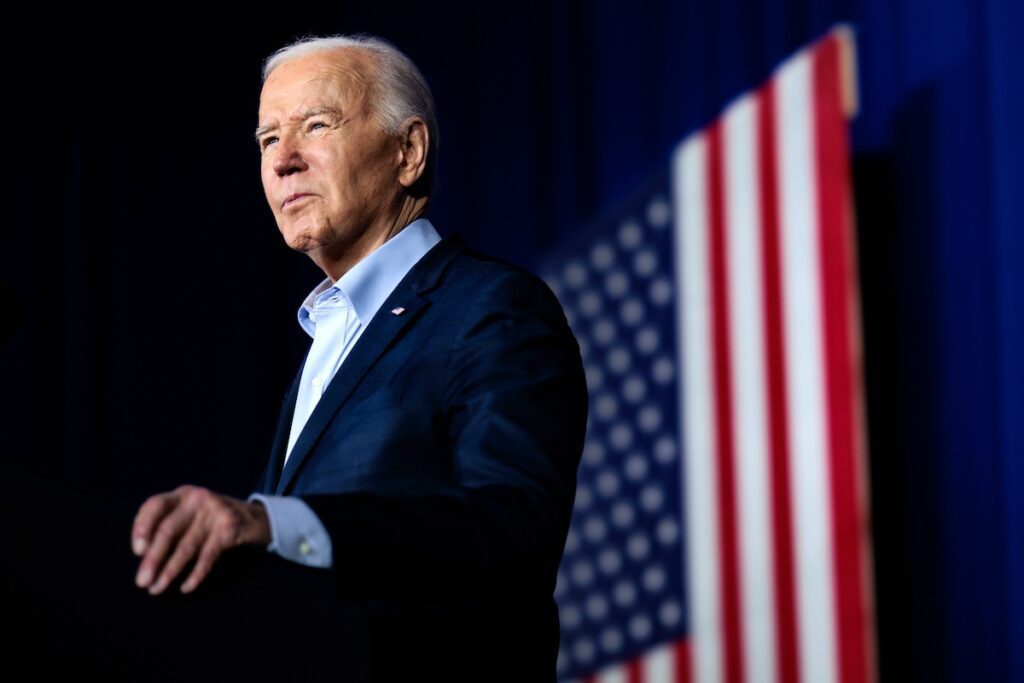New AI Chip Export Guidelines Introduced by Biden Administration
Just a week shy of leaving office, President Joe Biden has unveiled a fresh set of guidelines for exporting U.S.-made AI chips. This move aims to clarify how allied nations can engage with AI technology while also imposing new restrictions on the export of these vital components.
What Are the New Guidelines?
On Monday, the Biden administration announced its Interim Final Rule on AI diffusion. The White House press release noted that this initiative is designed to “provide clarity to allied and partner nations about how they can benefit from AI” and to streamline the licensing process related to chip orders. However, with this clarity comes a darker cloud—new restrictions on chip sales to many countries around the globe.
Breaking Down the Groups
According to CNN’s reporting, the new guidelines categorize countries into three groups:
- Group One: This group consists of the U.S.’s staunchest allies, such as Japan and South Korea, which will face no new restrictions.
- Group Two: Nations like China and Russia, already barred from accessing advanced AI chips, will now see even tougher restrictions, particularly concerning most “closed” AI models.
- Group Three: Encompassing the majority of countries, this group—which includes Mexico, Portugal, and Israel—will now face caps on chip purchases, limited to 50,000 graphics processing units (GPUs) per country. Yet, there are pathways for these nations to acquire a higher quota.
Countries in Group Three may feel the brunt of these restrictions. Intended to hinder nations like China and Russia from circumventing the export limits by purchasing chips through third-party countries, these rules could inadvertently stifle the growth of AI technology adoption in Group Three nations as well.
Industry Reaction
Nvidia has raised concerns about these proposed guidelines, labeling them as “unprecedented and misguided.” The tech giant cautions that such measures could “derail” global innovation and economic growth.
Looking Ahead
This initiative seeks to build on previous guidance issued by the Biden administration in October 2022 and October 2023. Although there is a 120-day comment period set to commence, reports indicate that the new rules will take effect even before this period concludes. This raises questions about how these measures will be implemented in practice.
As the AI community reacts, it’s essential to consider that with a new administration taking office next week, the landscape surrounding chip export restrictions could shift dramatically.
Conclusion
This significant change in guidelines raises various questions and concerns across the AI industry and global markets alike. As we venture into a future intertwined with artificial intelligence, how these export restrictions will impact innovation and international relations remains to be seen.
The AI Buzz Hub team is excited to see where these breakthroughs take us. Want to stay in the loop on all things AI? Subscribe to our newsletter or share this article with your fellow enthusiasts.




